BLOG
Celebrating the Day of the African Child 2025 in Qurus
In the village of Qurus in northern Tanzania, the Day of the African Child was celebrated for the first time on June 16. June 16 was declared African Children's Day by the African Union after the massacre of schoolchildren in South Africa in 1976 to raise awareness of the rights and need for education and health of African children. In collaboration with Qurus Primary School, the Maisha Bora team organized a colourful celebration that brought together over 500 people.
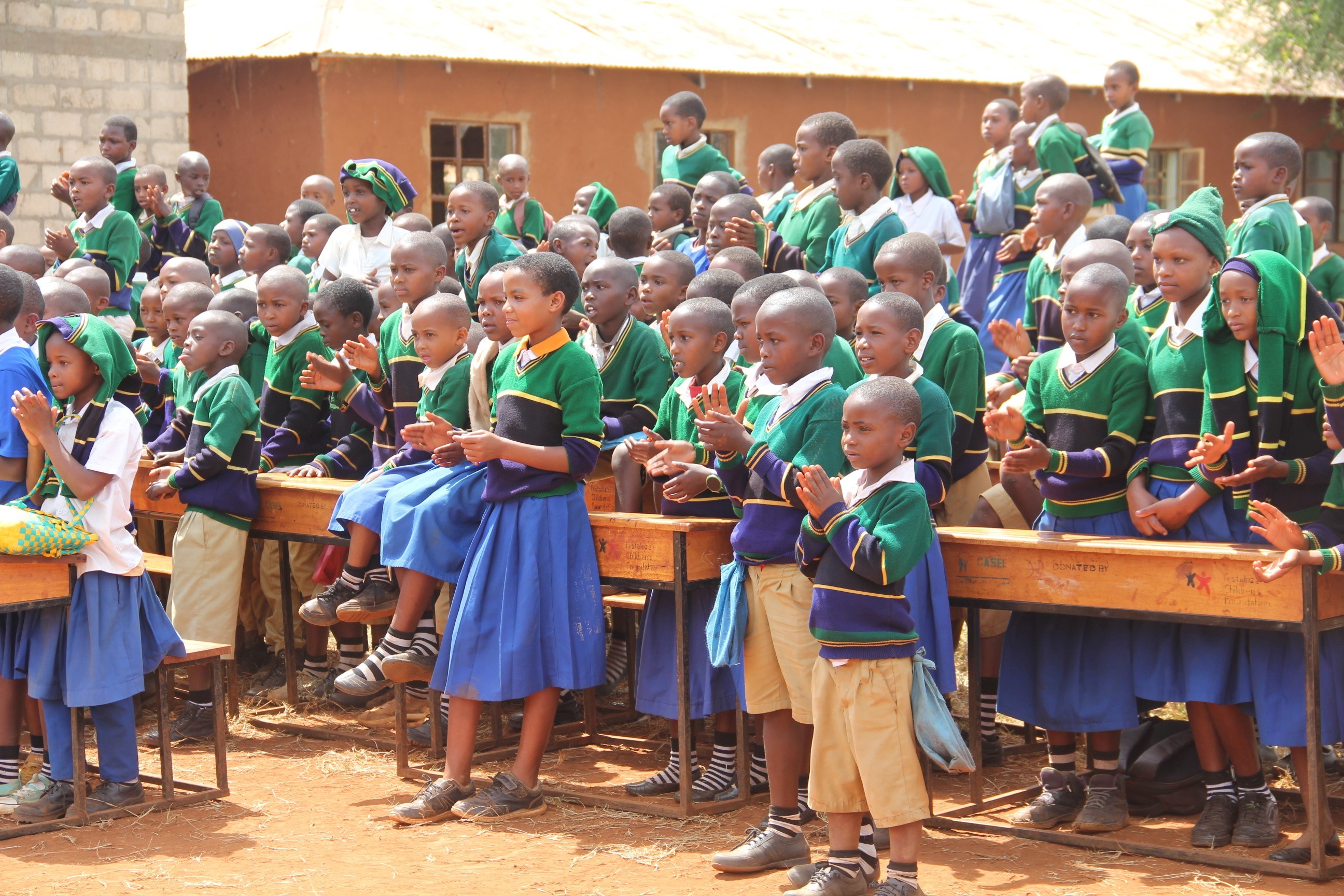
A journey through impressive landscapes
The journey of Winrose, Masia and Stephano, all part of the Maisha Bora team, began by bus a few days before the planned celebration. After 13 hours and 737 kilometers through Tanzania's impressive landscape of mountains, dense forests and traditional Masai villages, they arrived in Karatu. Despite the long journey, they were full of anticipation, and the warm welcome from the school management and teachers quickly made them forget their tiredness. The accommodation, which served as the base camp for the Maisha Bora team, was comfortable, safe and provided the ideal environment for the intensive days ahead.
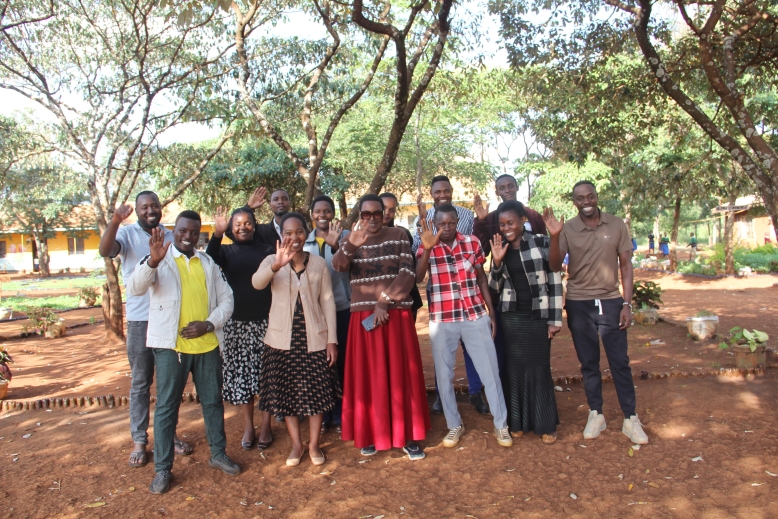
Necessary procurements and important workshop
The very next morning, a detailed schedule for the event was planned together with the school's teaching team. Principal Madam Rabia set up various organizing committees, including for the meals planned, the sports activities, security and set-up and dismantling. These teams worked hand in hand with the Maisha Bora team with great motivation.
The day before the event, a visit was made to the market in Karatu to procure all the materials needed for the event. Thanks to careful planning and good teamwork, the purchase went without complications and the products purchased were fully in line with requirements and the planned budget.
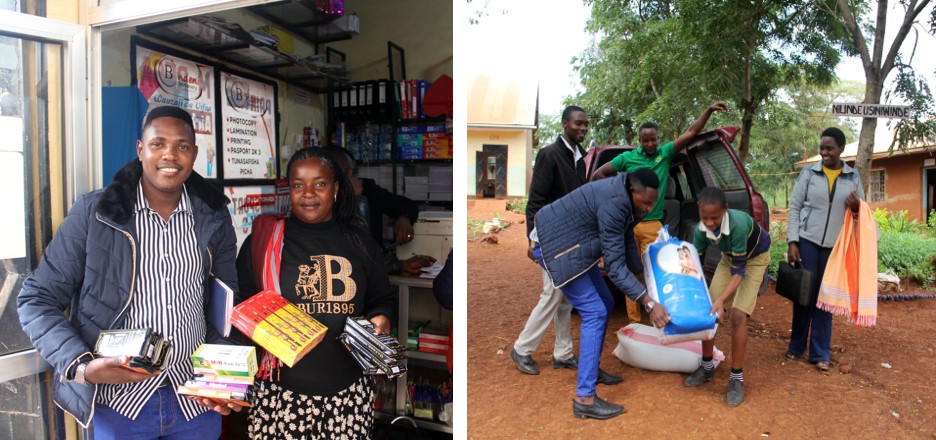
To make the most of the time on site, Winrose held an educational workshop on menstrual hygiene at the same time as the shopping. Winrose and Madam Rabia provided the schoolgirls with important information and practical instructions in a safe environment. Thanks to the positive and respectful atmosphere, the girls made active use of the opportunity to ask questions and were not afraid to demonstrate their existing knowledge to their classmates. This is not a given, because in Tanzania, especially in more rural regions, the topic of menstruation is a big taboo and many girls do not know how a menstrual cycle works.
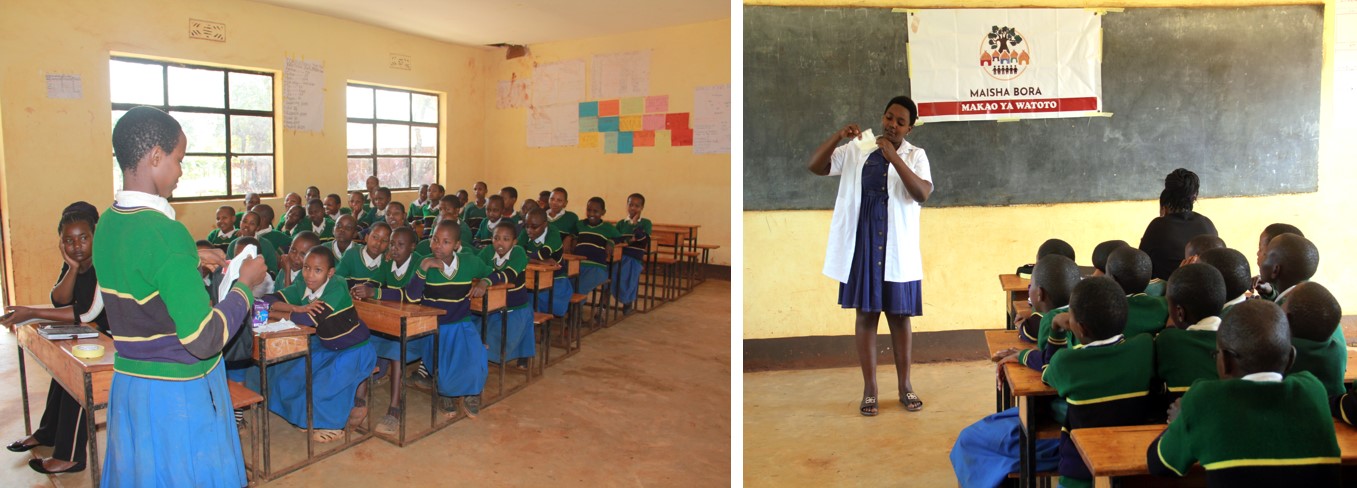
The big day

On the Day of the African Child, the school grounds were transformed into a colorful festive area. The day began with group sports games, including football for girls and boys, sack races and rope pulling. The children showed their skills, team spirit and, above all, great joy in playing together.
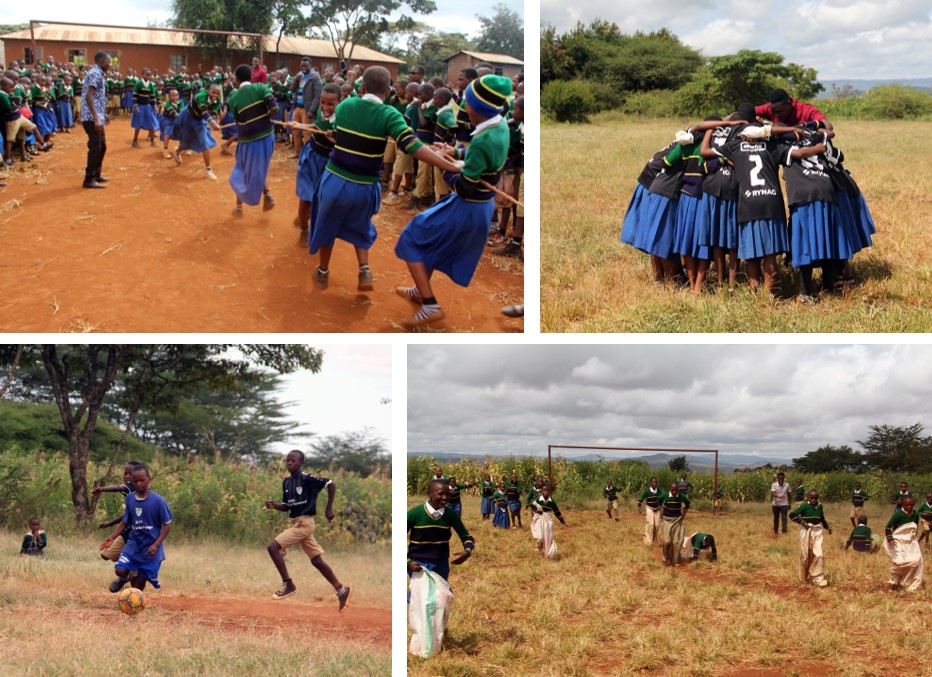
After the arrival of family members and the guest of honor, a representative of the government, the official program began with a parade where a group of the students sang the national anthem of Tanzania and the anthem of the African Union. The pride of the children was tangible and their voices carried the positive messages of courage, identity and belonging.
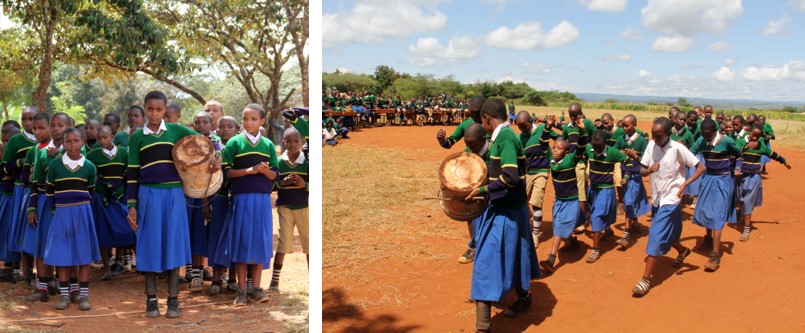
This was followed by impressive performances on the main stage, which were prepared with great dedication. For example, a creative fashion show in which the children appeared in costumes of various professions and cultural backgrounds and a stand-up comedy show that brought many laughs. Traditional dances and songs were also performed, celebrating African heritage with enthusiasm.

Words for a stronger future
In ihren Reden betonten die Sprecher die Bedeutung dieses Tages.
Stephano from Maisha Bora highlighted the cooperation with the Qurus Primary School and presented ongoing projects, including health insurance for pupils and the hygiene package for menstruating girls. He also explained Maisha Bora's commitment to long-term partnerships and sustainable development.
Head teacher Madam Rabia looked back on the moving history and origins of the Day of the African Child and drew a line to the current educational situation in Qurus. She talked about the growth of the school from 52 to over 450 children and the milestones achieved, such as additional school buildings and the construction of a separate toilet for girls, but she also spoke openly about challenges such as a lack of teachers, missing textbooks, equipment gaps such as a missing printer, too few desks for children and missing desks, chairs and offices for the teachers.
The guest of honor, a representative of the government, promised to take the school's concerns further and to work towards solutions at a higher level. At the same time, he reminded the audience that civil society and organizations such as Maisha Bora continue to play an important role.
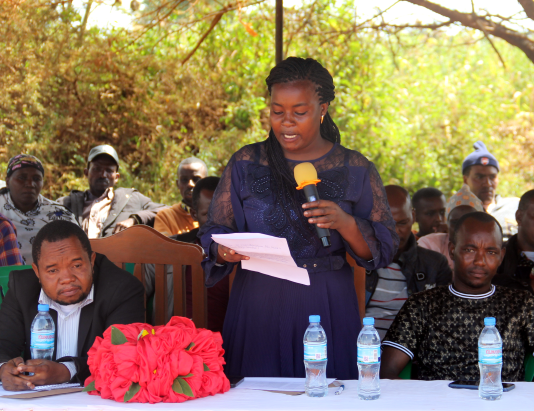
Looking to the future
The day ended with a festive meal where children, teachers and guests laughed together and made new plans. There was great joy about what has been achieved together so far and thanks to the successful day, the vision for what is yet to come was strengthened.

SUBSCRIBE NOW
Stay connected! Subscribe to our blog newsletter and explore more about NUKIA's charitable initiatives in Africa. Discover stories about education, healthcare, our projects, and more. By subscribing, you'll stay informed and have the opportunity to make a positive impact on the lives of children in Africa. Join our community and subscribe now!